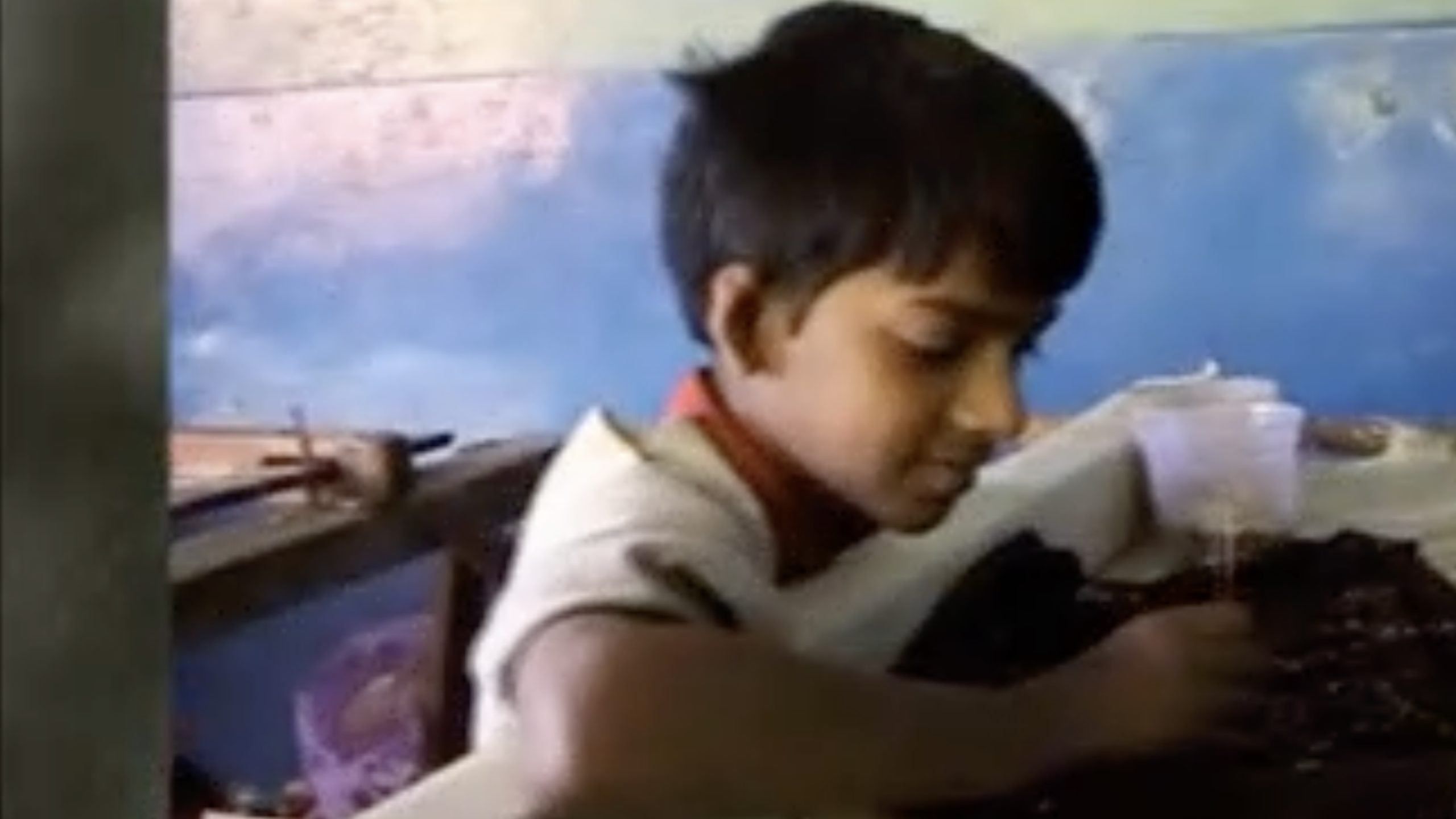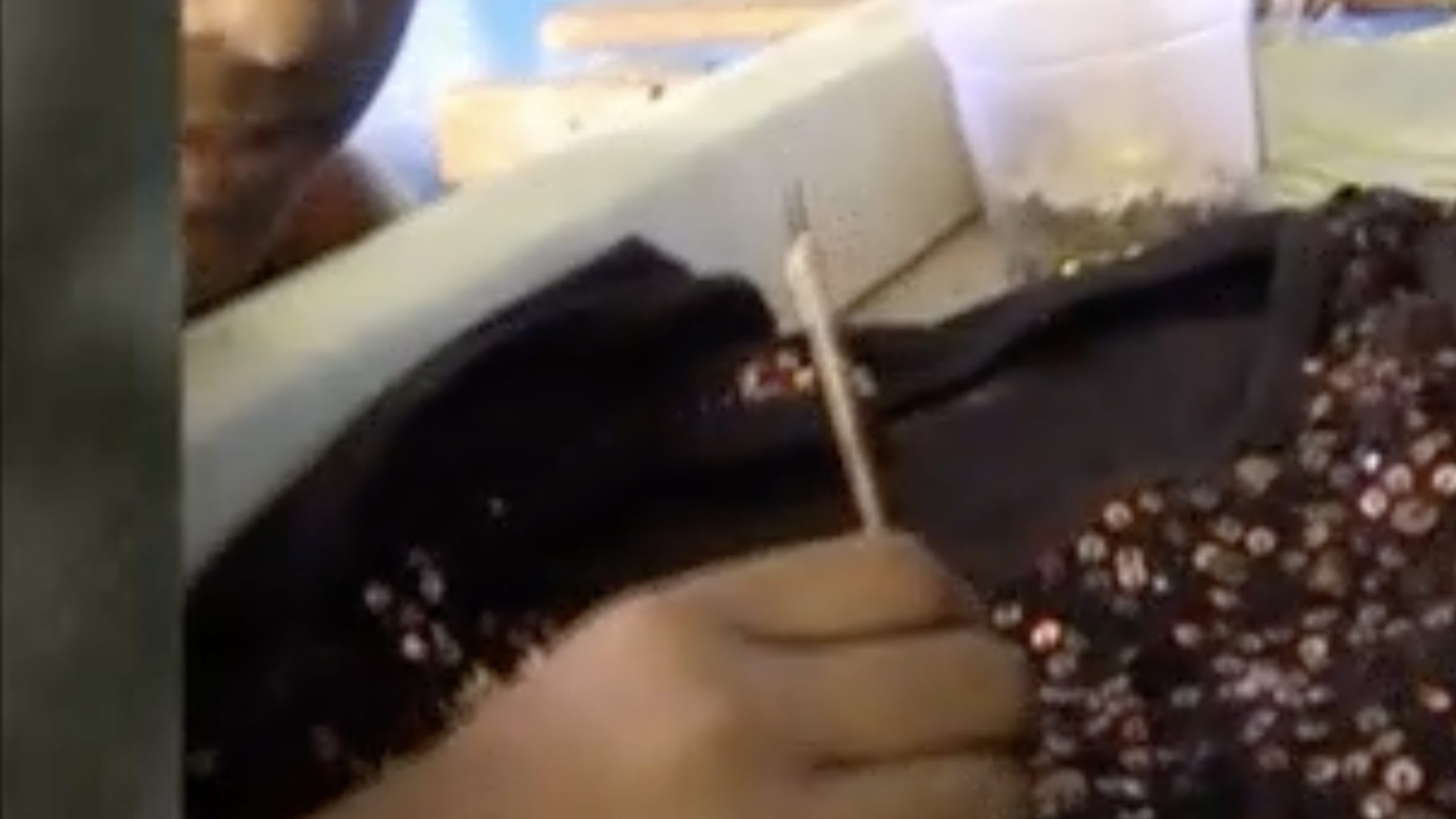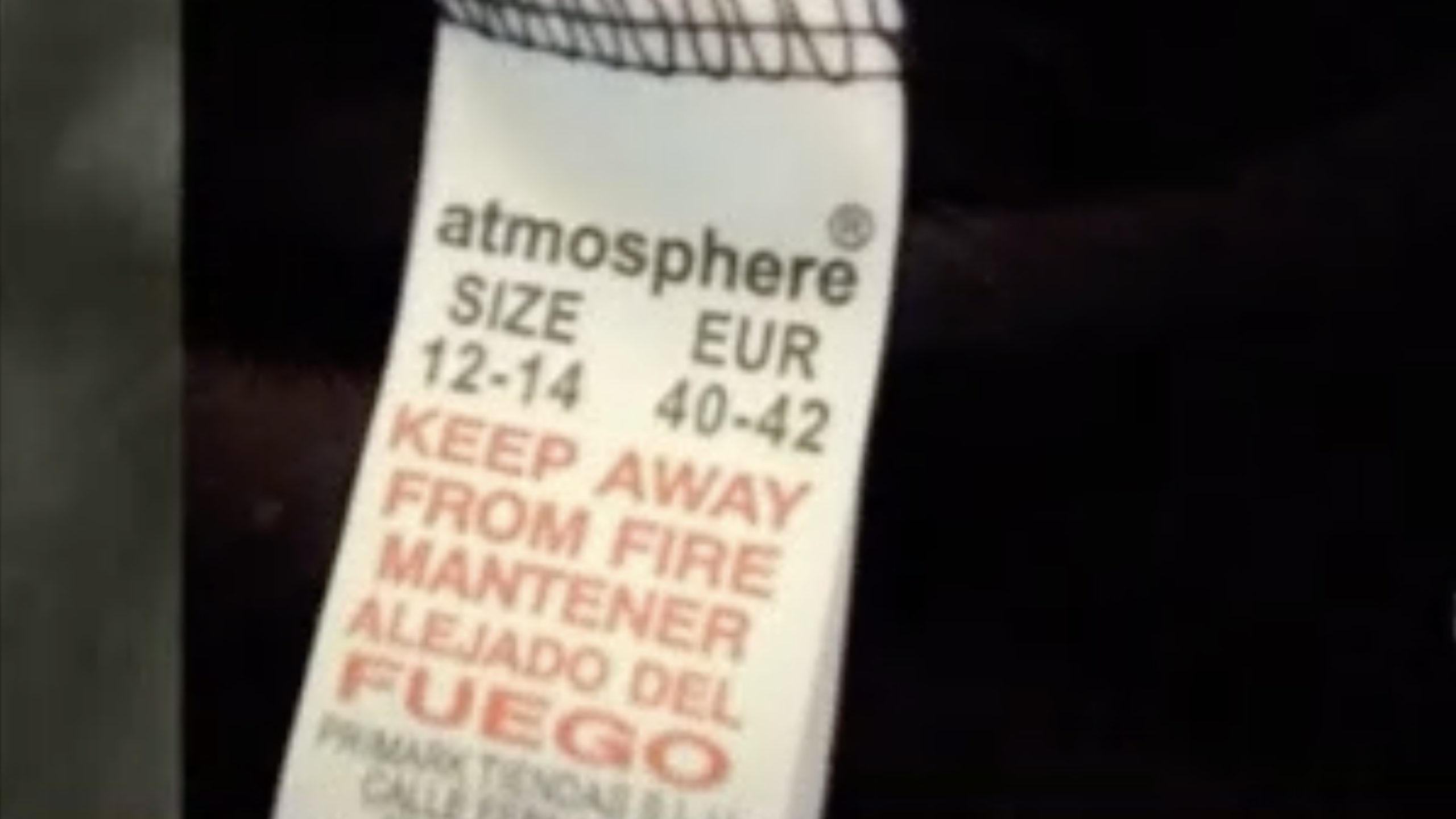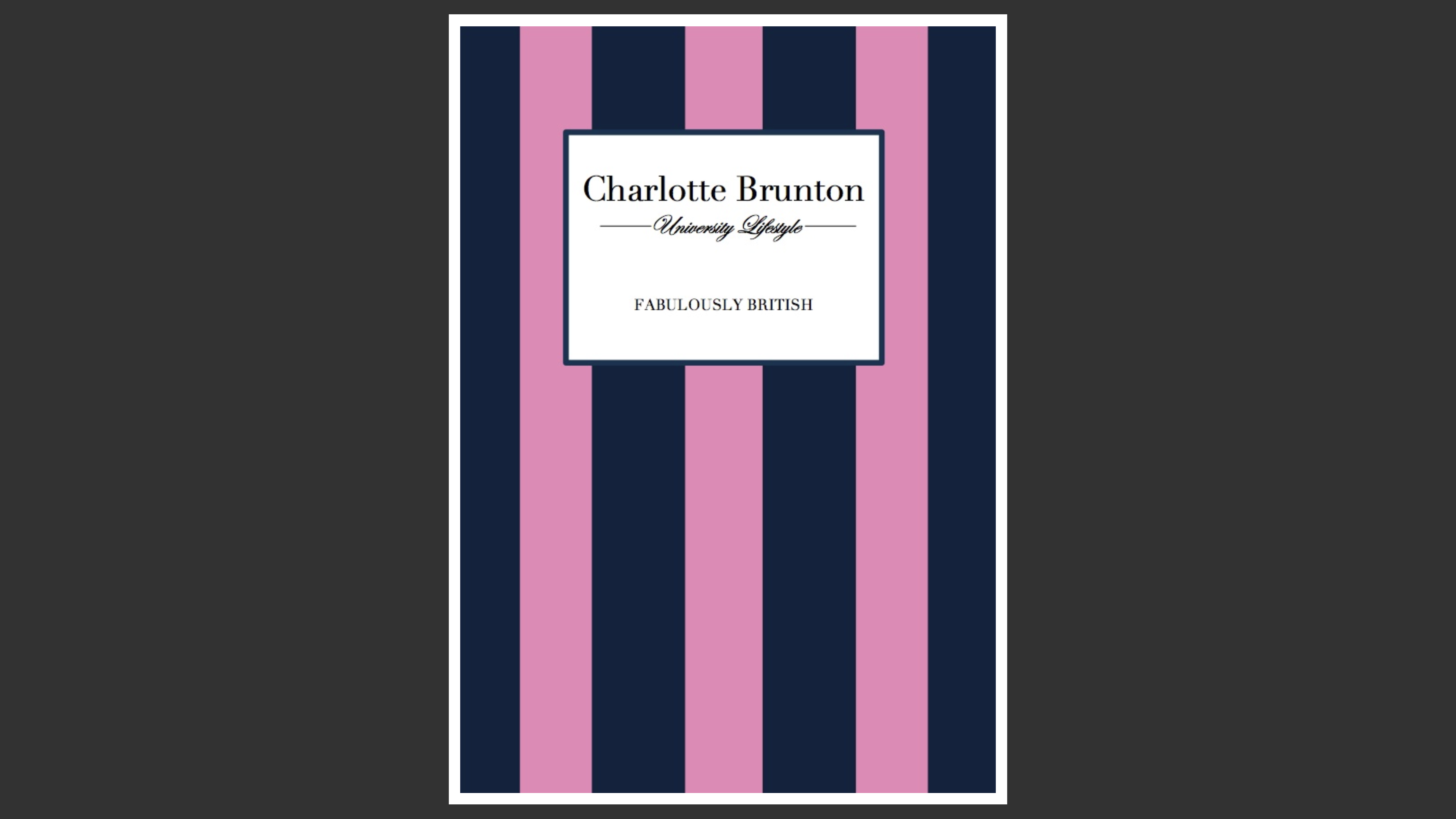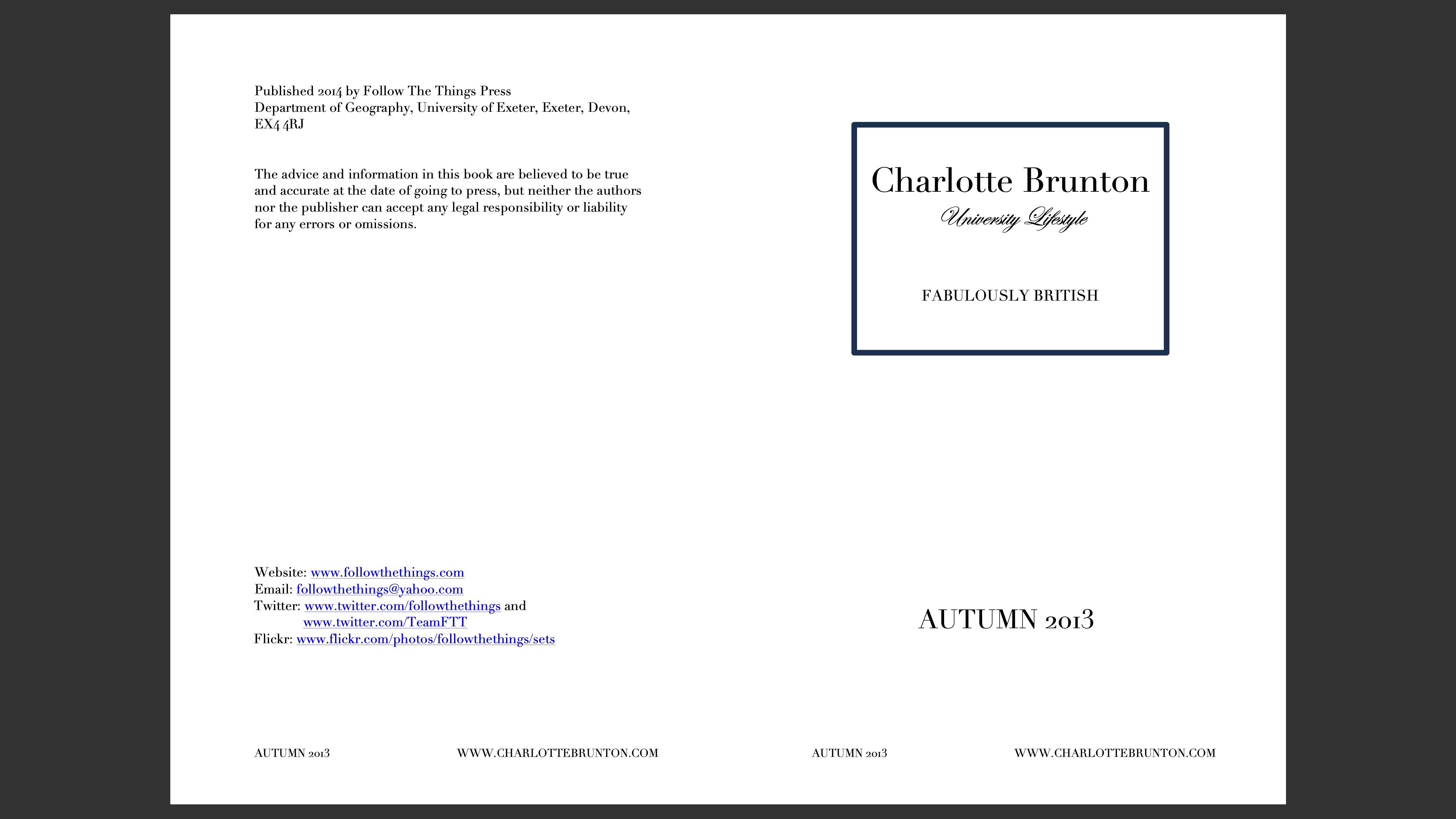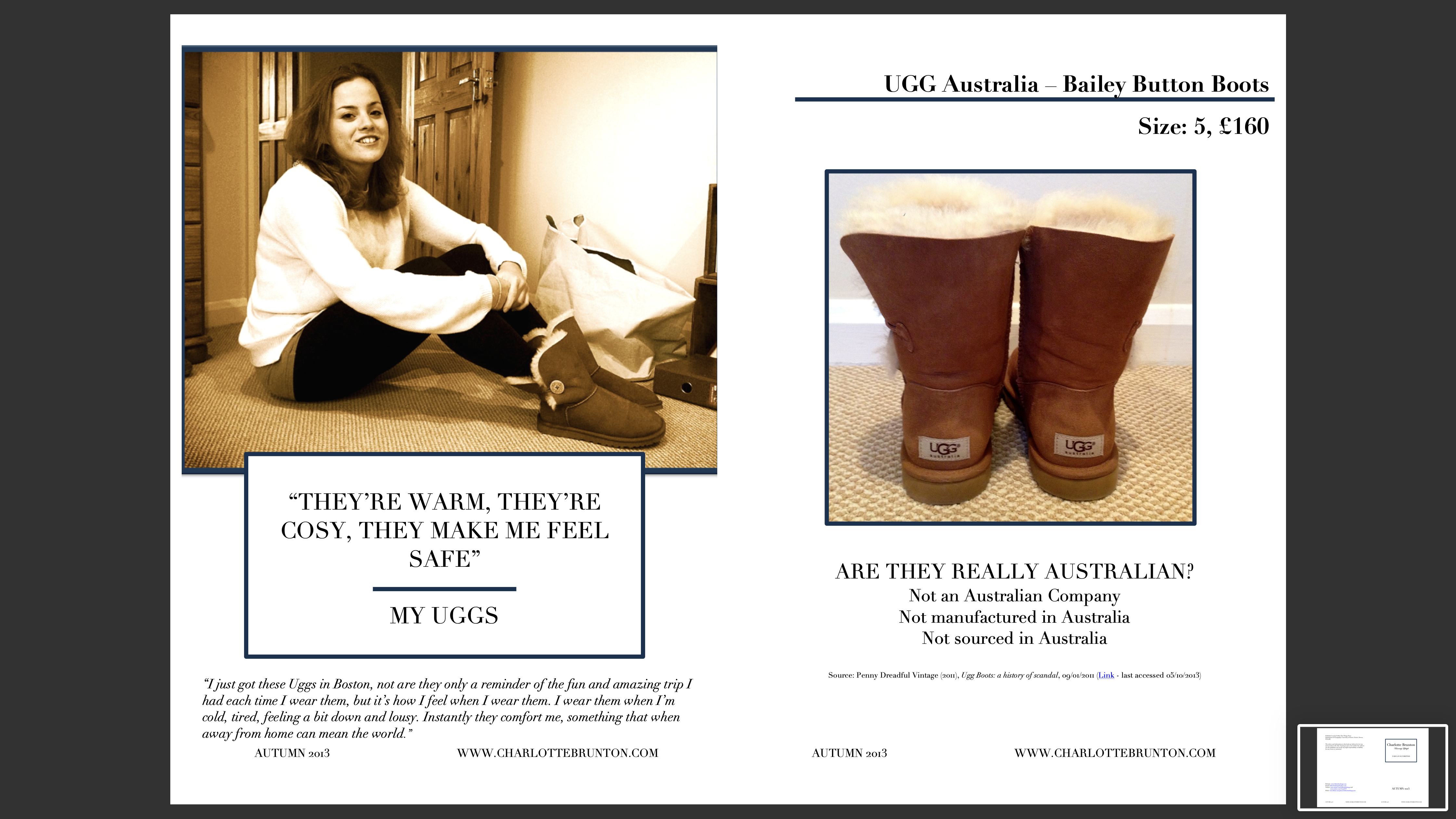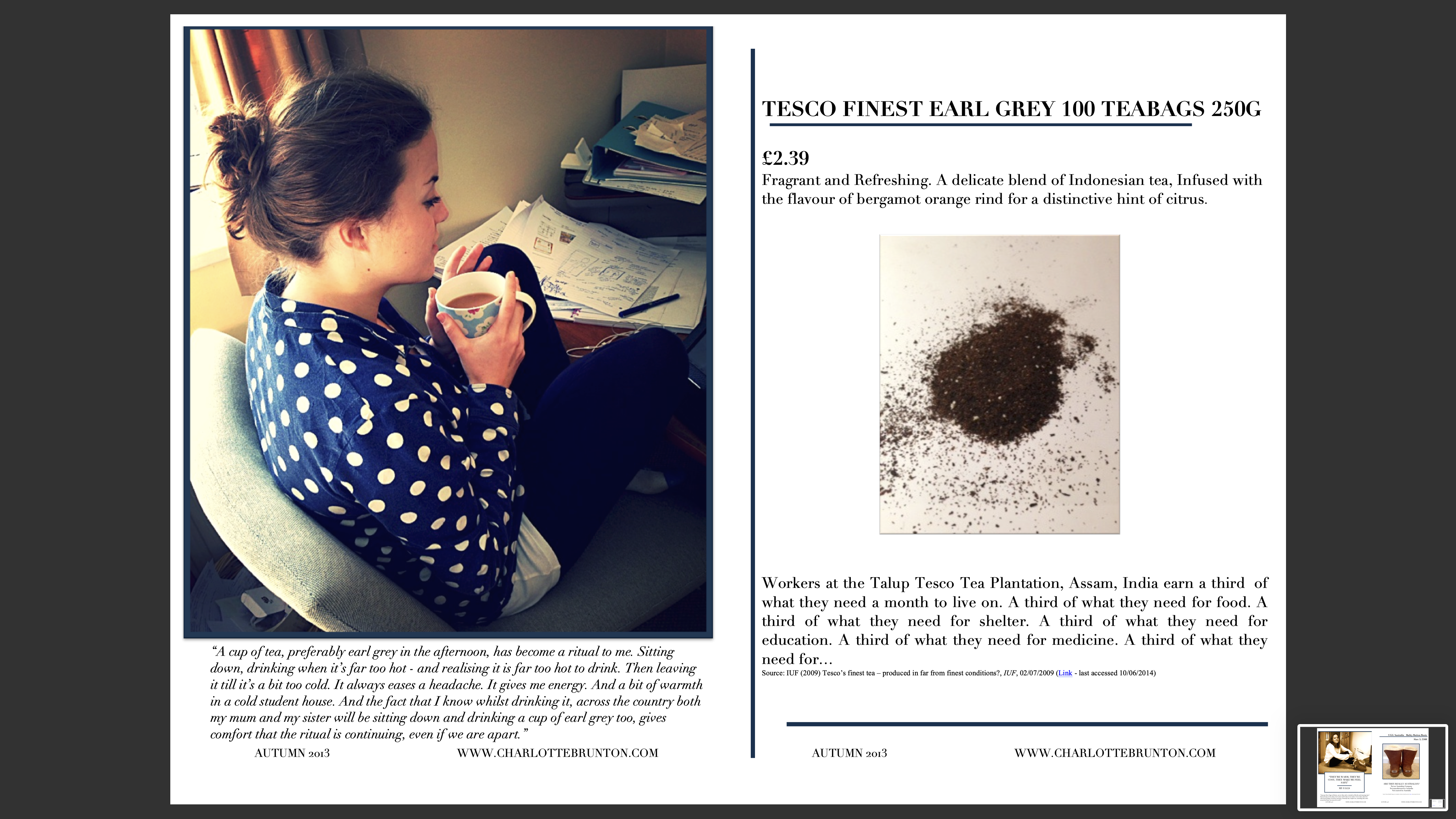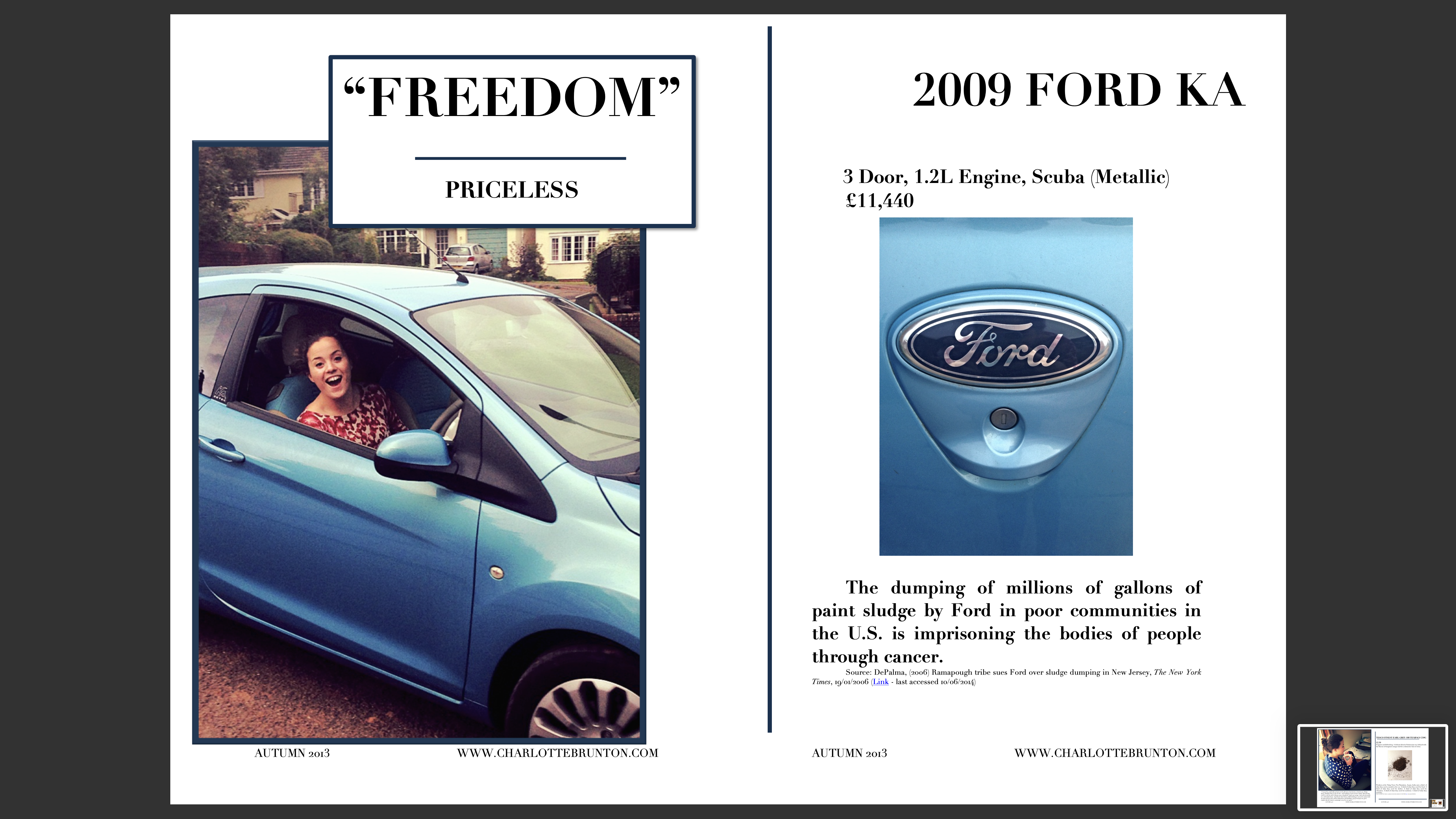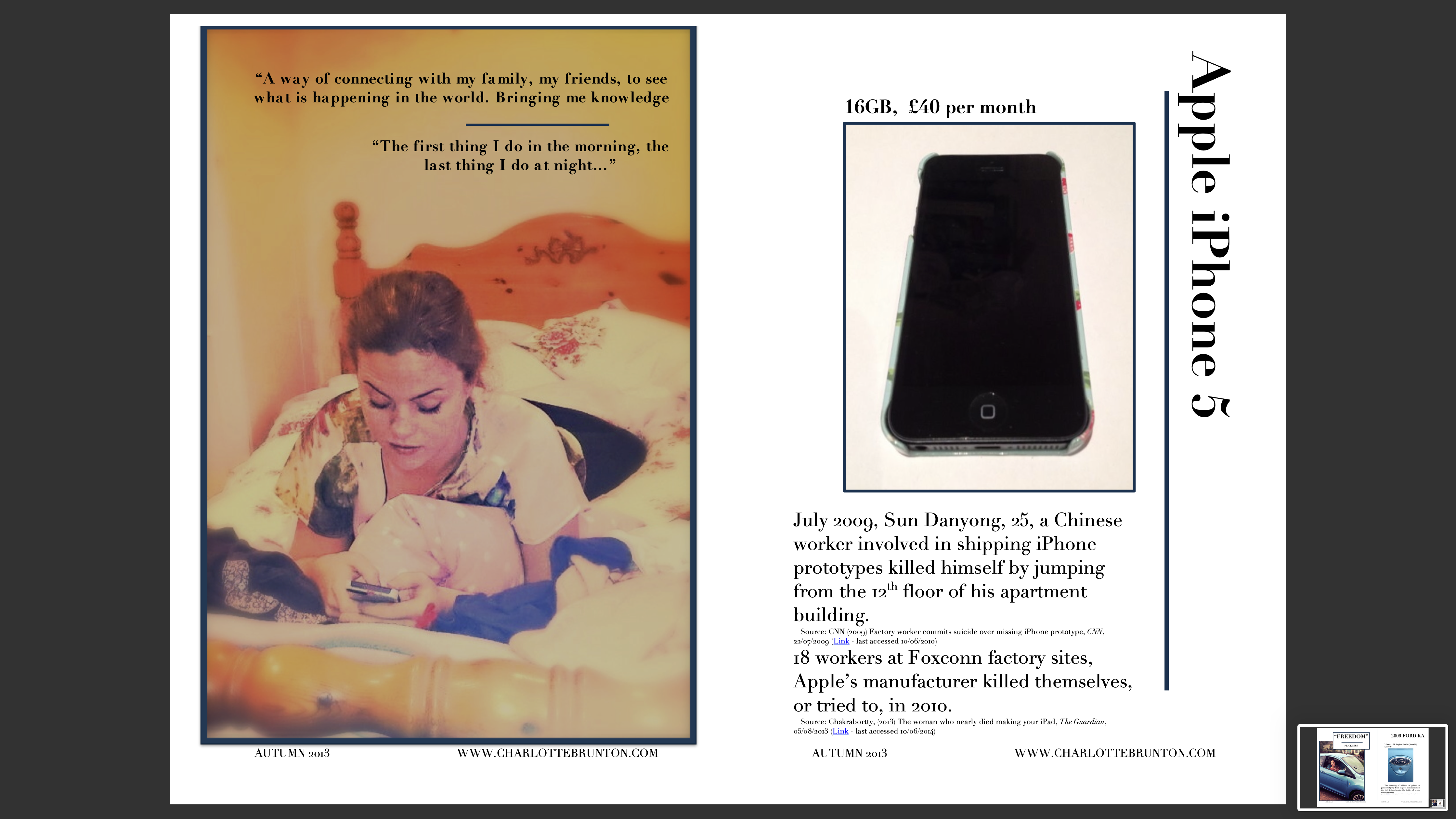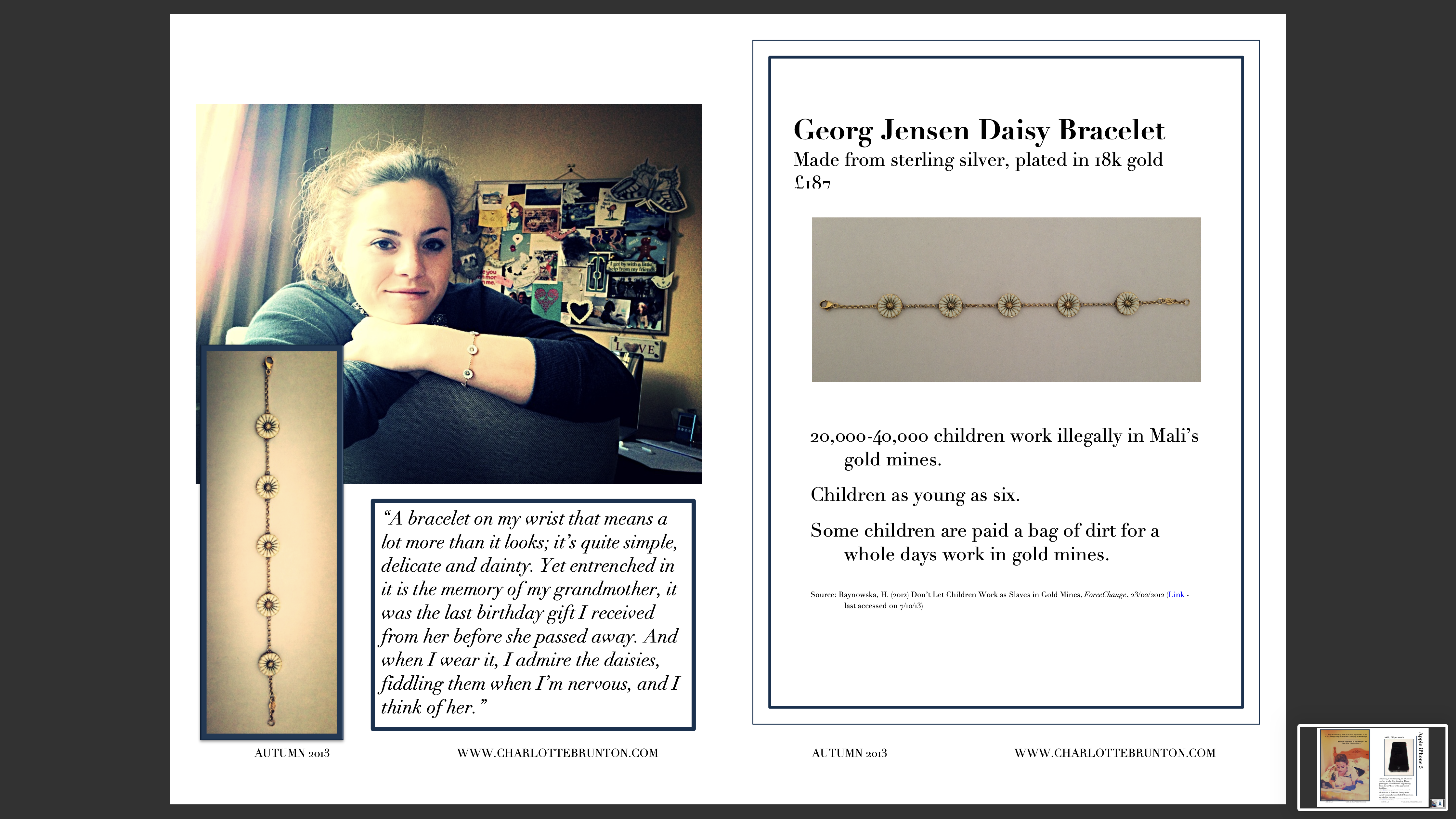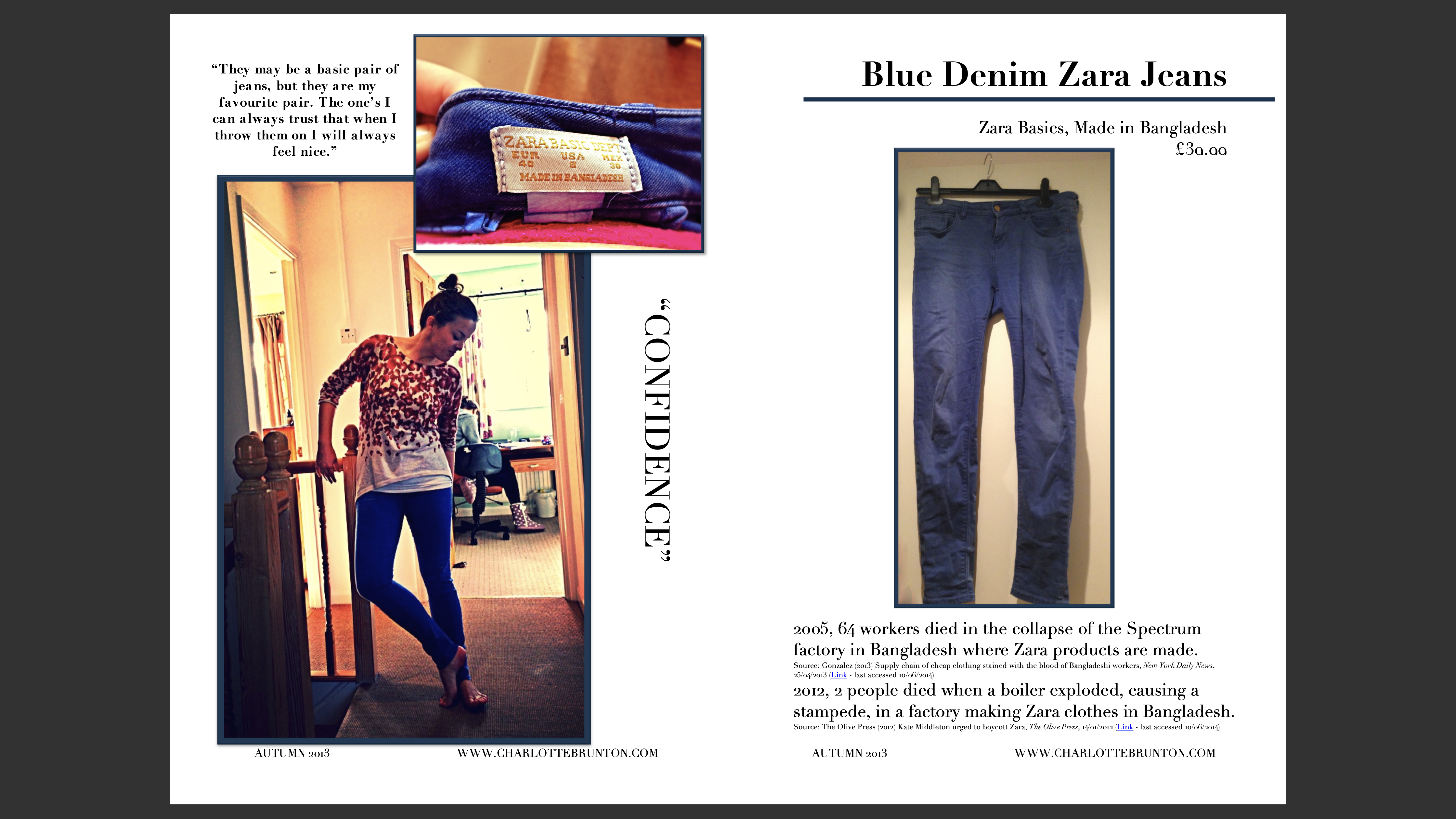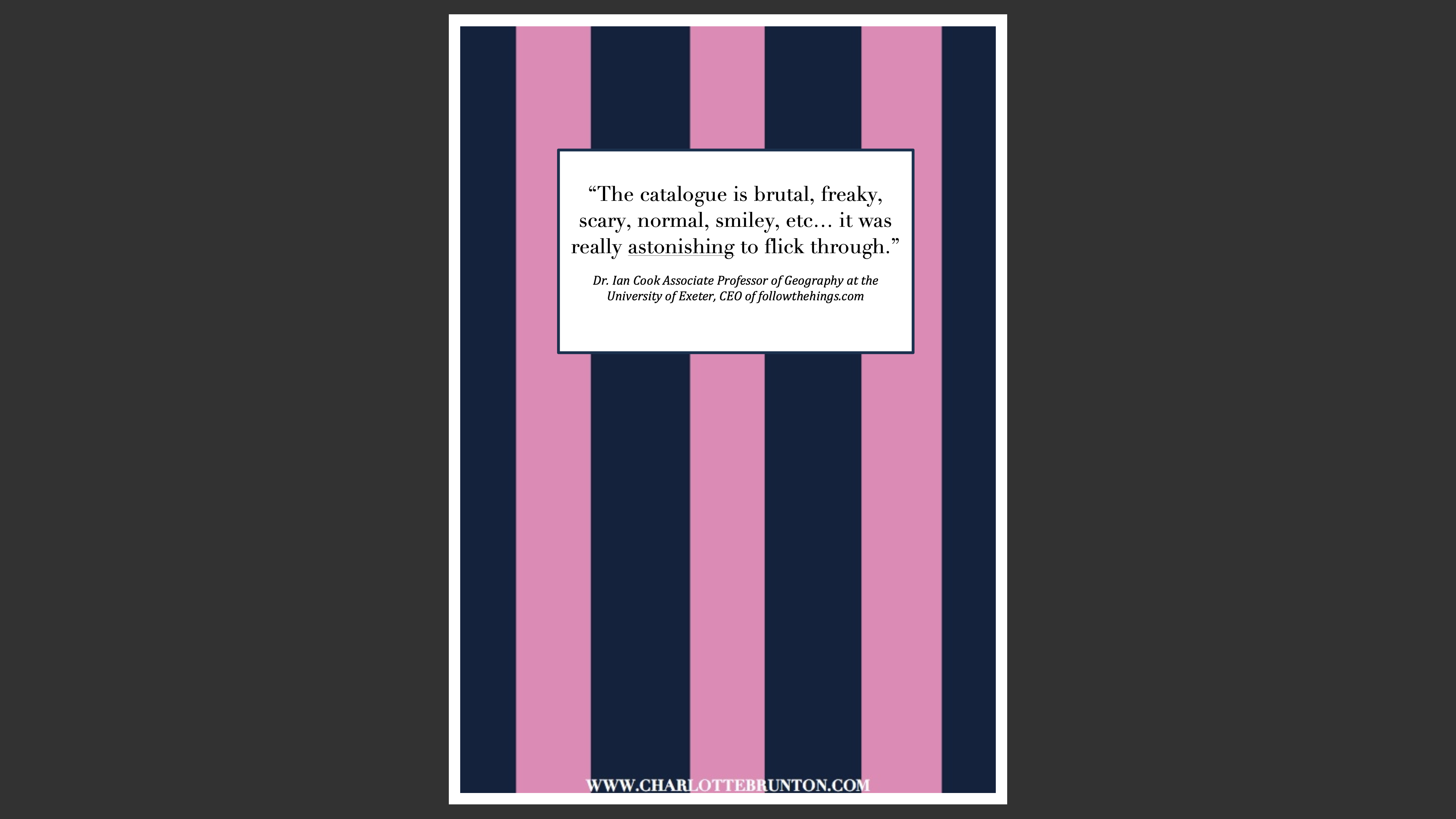
followthethings.com
Grocery
“Kopuchiska’s Mother Is Shopping For Meat“
A scene from a documentary film called ‘Kino-Eye’, directed by Dziga Vertov.
Film embedded above, scene starts at 7.00 and finishes at 14.08. Search online to stream here and to buy DVD here.
When the genre of documentary film was in its infancy, Russian filmmaker Dziga Vertov used it to show how food shopping involves relations with hidden places, processes and people. In one extended scene from his experimental documentary Kino-Eye – which starts with an intertitle saying ‘Kopuchiska’s Mother Is Shopping For Meat’ – the film follows a cut of meat that she buys in reverse motion, from a cooperative market, via the slaughterhouse where it is put back into the cow, who then stands up, walks backwards into the train, which returns the cow to the fields where it grazed. Vertov’s message to the film’s audience is to buy your meat from a workers’ co-operative supermarket. If Marx had been a filmmaker, he could have made this sequence to show a commoditty’s hidden relations. For us, it’s surprising that one of the earliest and most influential documentary filmmakers made follow thing work, to show audiences where commodities came from, what difference their purchase choices made, because meat’s system of provision mattered. Vertov also used techniques of montage, reverse sequencing, extremes of light and shade, in-shot camera motion, and sped up and slowed down the pace of scenes in order to ‘move’ his audiences kinaesthetically. So, is this some of the most innovative follow the things work you’ll ever see? Or a meaningless jumble? Either way, it’s had a significant influence on the ‘follow the thing’ genre’s academic and activist work.
Page reference: Ian Cook et al (2024) Kopuchiska’s Mother Is Shopping For Meat. followthethings.com/kinoeye.shtml (last accessed <insert date here>)
Estimated reading time: 18 minutes.
Continue reading Kopuchiska’s Mother Is Shopping For Meat ![]()

